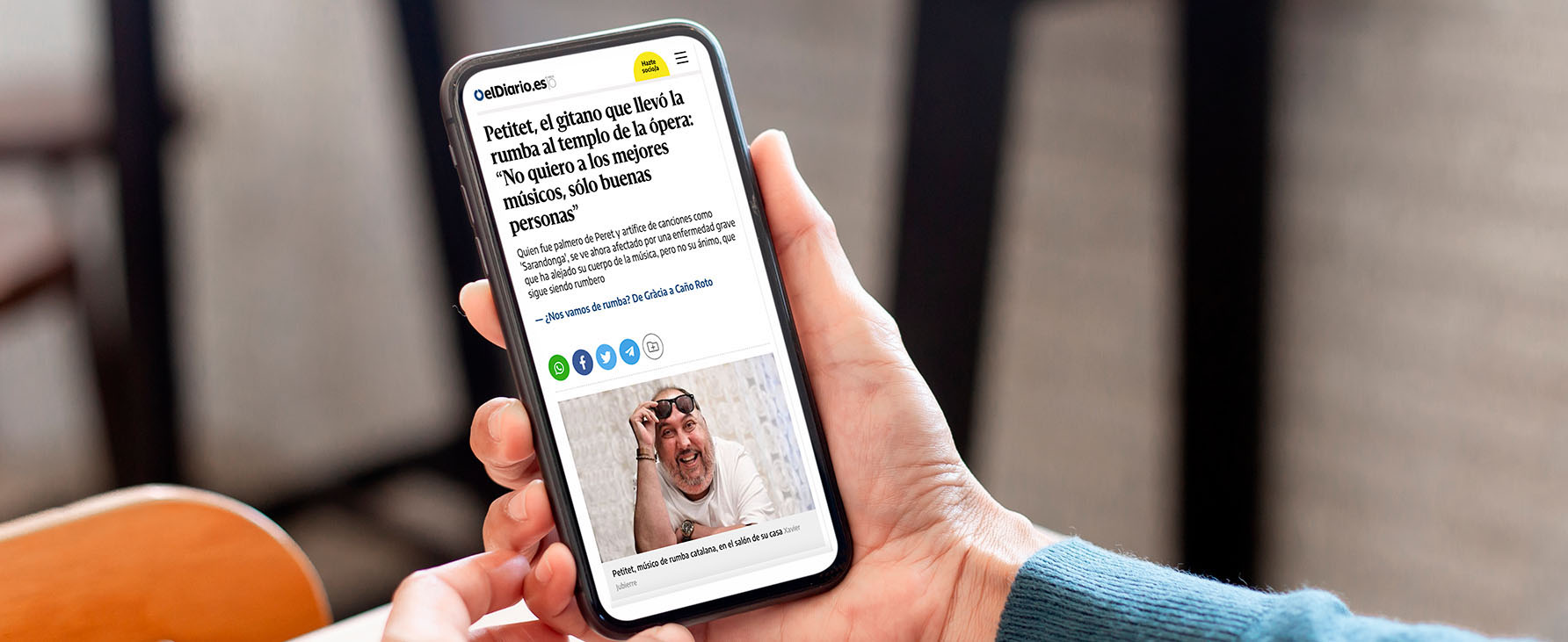

Petitet: “my father bought gold”
Eldiario.es has published an in-depth interview with Petitet by journalist Sandra Vicente, following the premiere of ‘La rumba dels calerons’. Here you can read the whole piece, from which we have selected some fragments.
Petitet doesn’t like awards or being recognised in the street. Nor does he like money. “Money comes and goes, but it is the ruin of this world. This thing about not giving it importance comes from my father, who used to buy gold with what he earned from his performances with Peret. You can keep it in a drawer until you need it”, he says, caressing the huge golden ‘don’t forget me’ around his arm. “Money is ruin,” he insists. That’s why he wanted to dedicate his latest song to this very subject.
‘La rumba dels calerons’ was commissioned by 11Onze, a Catalan ethical bank. It is one of the many proposals he has received in recent years, of which only a select few are accepted. “I liked them because they didn’t talk to me about money. I don’t care how much you can pay me, because if you make life decisions based on money, you will end up making very serious mistakes,” he says.
En Petitet says he has a clear conscience because he is backed by two of his greatest advisors. On the one hand, God, who, although he does not answer his prayers, communicates with him, giving him a glimpse of how his actions make him feel. “If God is sad, I know that something bad will happen to me. If he is disappointed, I have made a mistake“, he explains, very serious and convinced. The other endorsement of his behaviour is found in bed. “Do you know where the truth of life is? On the pillow. And what it tells me, it lets me sleep peacefully”, says Petitet.
This king of Catalan rumba only wants peace. The peace that comes from music and being with his loved ones. Although his people are increasingly far away. In El Rabal, which used to be a gipsy neighbourhood full of goblins, you hear fewer and fewer guitars. “There are only one or two families left, who will soon be gone,” he says, recalling with nostalgia those evenings to the rhythm of flamenco box drums and strings, with the greats of rumba presiding over the long tables of the bars.
But in this “embalmed” neighbourhood there are still “palmas”. The ones he plays to call his wife, which are the same ones that provided the backing vocals for Peret and so many other great names that now play on Spotify at neighbourhood parties. Because rumba doesn’t die, “it goes inside. Rumba is truth, it’s love, it’s peace and, above all, it’s madam-like“, he says, forcefully.
“Rumba, like all important things in life, requires seriousness, respect and being well-dressed. Handsome as a gipsy”, says Petitet who, even on his way to the hospital, wears a jacket, shirt and tie. Today, even though he is sitting in his armchair, tired and wearing a simple white T-shirt, he exudes joy and the elegance of a patriarch. “All you need in life is a roof over your head and a dish of food. And a bit of rumba“, he says, as he clasps his hands together in this gesture that is shared by both the blessed and the clappers.
Leave a Reply
You must be logged in to post a comment.
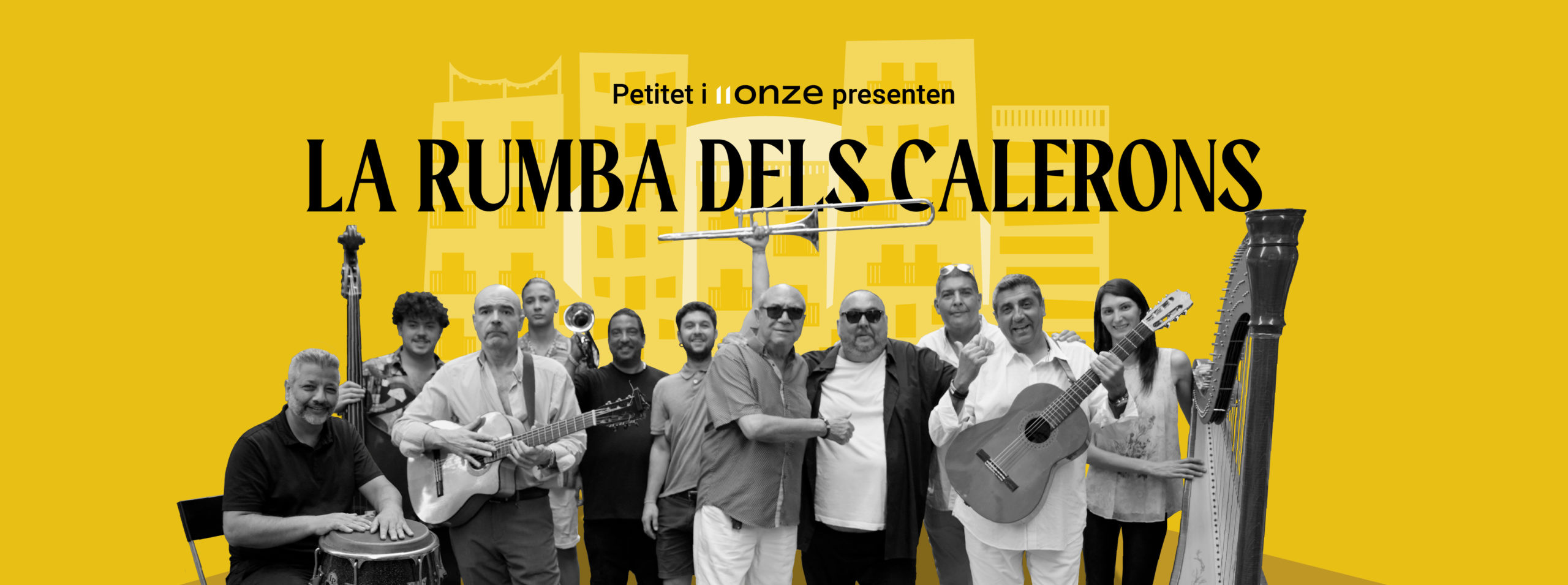
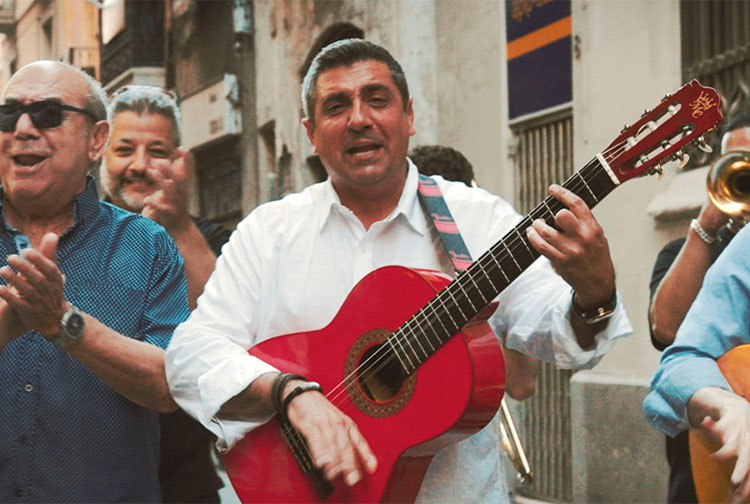
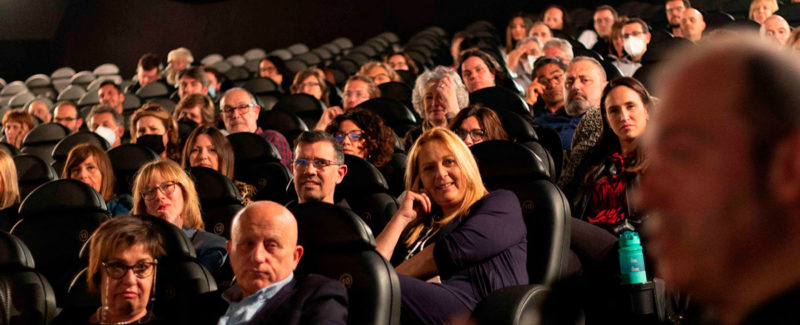
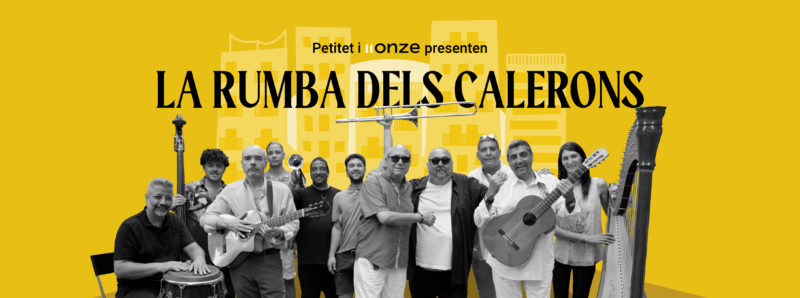


gràcies
A mí també m’ha agradat aquesta rumba!!!👏👏👏
El Petitet, es molt gran 😜💛💛
Que té una entitat financera per seduir un filòsof català gitano a qui no li agrada parlar de diners? Res, només que l´entitat és 11Onze i és una Fincom.
Frescor i novetat, ara a posar-hi empenta!!
i Rumbeta també
M’ha agradat molt aquesta rumba!👏👏👏👌
El Petitet és molt bo!